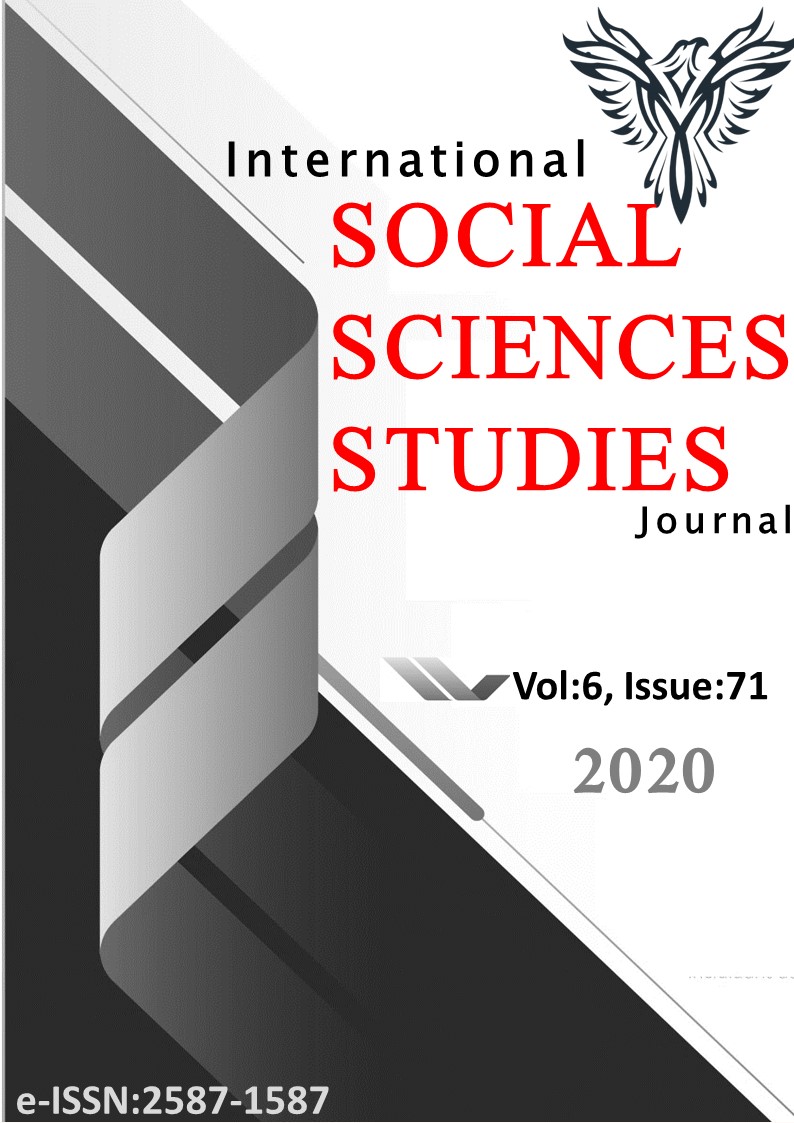Author :
Abstract
Hukuk ve ekonomi yaklaşımı temelinde yasal düzenin, merkez bankasının kurumsal ve bağımsızlık yapıları üzerindeki etkisinin incelenmesi makalenin temel amacını oluşturmaktadır. Buna göre hukuk ve ekonomi yaklaşımı, yasal düzenlemelerin iktisadi alandaki etkileri üzerine araştırmalarda bulunmaktadır. Ülkelerde yasal mevzuatta yapılan düzenlemeler kurumların yapısını ve bağımsızlığını değiştirerek ekonomik istikrar üzerinde etkili olabilmektedir. Ekonomik istikrarı sağlamakla görevli olan merkez bankasının kurumsallığı kadar bağımsızlığı da yasal mevzuattaki düzenlemelerden geçmektedir. Merkez bankası bağımsızlığının derecesi bağımsızlık endeksleri yardımıyla ölçülmektedir. Yaşanan iktisadi krizlere ve ekonomik yönetim tecrübelerine bağlı olarak zaman içerisinde endekslerin kapsamı gelişim göstermektedir. Dolayısıyla en güncel ve geçerli bağımsızlık endekslerinin kriterlerine göre merkez bankası anlayışının geliştirilmesi gerekmektedir. Ancak yasalara bağlı olarak merkez bankasının bağımsızlığı kuvvetlendirilse bile de facto bağımsızlığın seviyesi de jure bağımsızlığın seviyesinden farklı olabilir. Ülkelerin zayıf hukuk kurallarına sahip olması, güç mücadelesine bağlı olarak hukuk boşluklarının şekillenmesi ve yasal mevzuattaki değişim hızının yavaş olması de jure ve de facto bağımsızlık arasındaki farklılaşmanın temel nedenlerini oluşturmaktadır. Bu nedenle ülkelerde hukuksal zeminin kuvvetlendirilmesi merkez bankasının kurumsal yapısı ve bağımsızlığına katkı sağlayacaktır.
Keywords
Abstract
The main purpose of this article is to examine the effect of legal system on the institutional and independence structures of the central bank on the basis of the law and economics approach. Accordingly, the law and economics approach examines the effects of legal regulations on the economic field. Regulations in legal legislation in countries can be effective on economic stability by changing the structure and independence of instutions. The institutionalization and independence of the central bank, which is responsible for ensuring economic stability, vary depending on regulations in the legal framework. The degree of independence of the central bank is measured with the help of independence indices. Depending on the economic crises and economic management experiences, the scope of the indices has improved over time. Therefore, central bank management needs to be developed according to the criteria of the most current and valid independence indices. However, even if independence of the central bank is strengthened depending on the laws, the level of de facto independence may be different from the level ol de jure independence. The main reasons for the differentitation between de jure and de facto independence are the fact that the countries have weak legal rules, the filling of the law gaps due to the power struggle and the slow pace of the change in the legal legislation. Therefore, strengthening the legal infrastructure in countries will contribute to the institutional structure and independence of the central bank.
